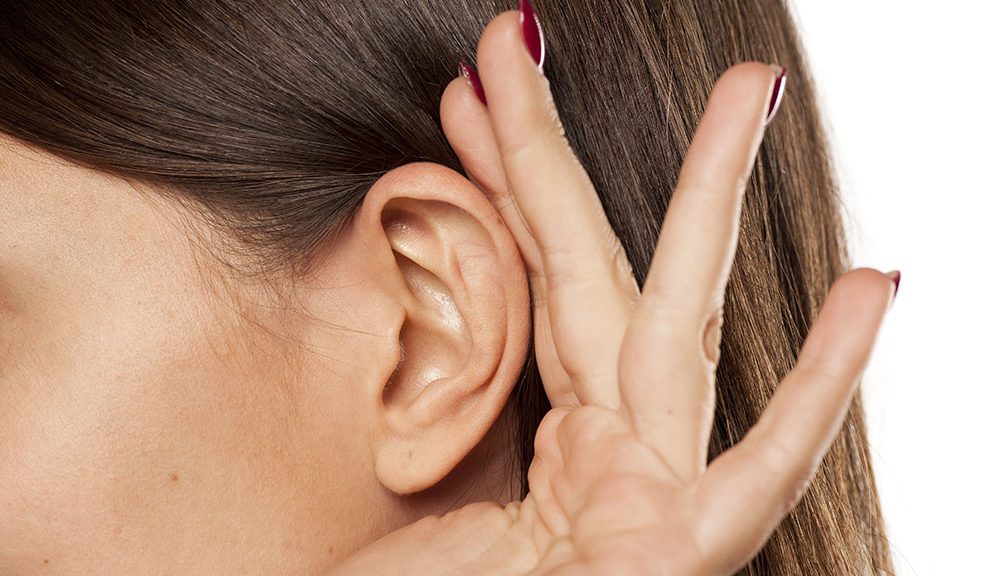
How to Save Money on Hearing Aids
If you’re on a budget, it can be challenging to find hearing aids that you can afford. Most hearing aids cost several thousand dollars. If you’re looking for any way to save money on these essential tools, here are a few ways to acquire hearing aids without breaking the bank.
While most general medical insurance providers do not offer coverage for hearing aids, you may be able to find private insurance funds or funds from charitable organizations that cover hearing aids and hearing care. On the other hand, if you live in Arkansas, Connecticut, Illinois, New Hampshire, or Rhode Island, the state requires health benefits plans to cover hearing aids. Be sure to do some research on your state’s insurance specifications before you commit to a third-party insurance plan.
The second way to save money on hearing aids is by looking for hearing aid providers that do not bundle many different costs in one package. The reason why many hearing aids cost thousands of dollars is that customers are also paying for services such as hearing tests, fittings, and routine cleaning appointments. To save money, find a provider that only provides the most essential services you’ll need.
Bossa Hearing Aids is one prominent example of a company able to provide hearing aids for ultra-low prices. By not requiring hearing tests and selling directly to the consumer through BossaHearing.com, the company eliminates many costs associated with brick-and-mortar retailing. As a result, the company can offer one pair of Bossa Hearing Aids for $89 when on sale and its fully-digital ProTon Max hearing aids at $247. To learn more, you can read Bossa Hearing Aid reviews online.
In conclusion, while the cost of hearing aids can be daunting, there are avenues to explore for those on a budget. Researching private insurance options, checking for state-mandated coverage, and seeking providers that offer streamlined services without additional costs can help mitigate expenses. Companies like Bossa Hearing have revolutionized affordability by offering direct-to-consumer sales models and eliminating many overhead costs. By exploring these options and considering individual needs, individuals can find affordable hearing aids that improve their quality of life without breaking the bank.